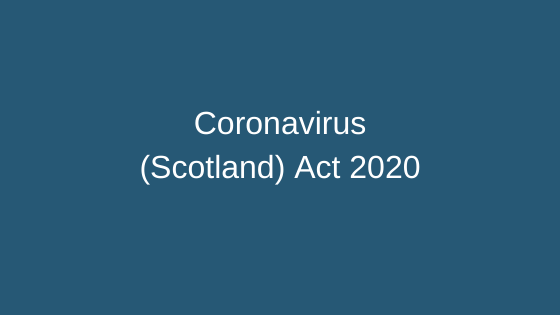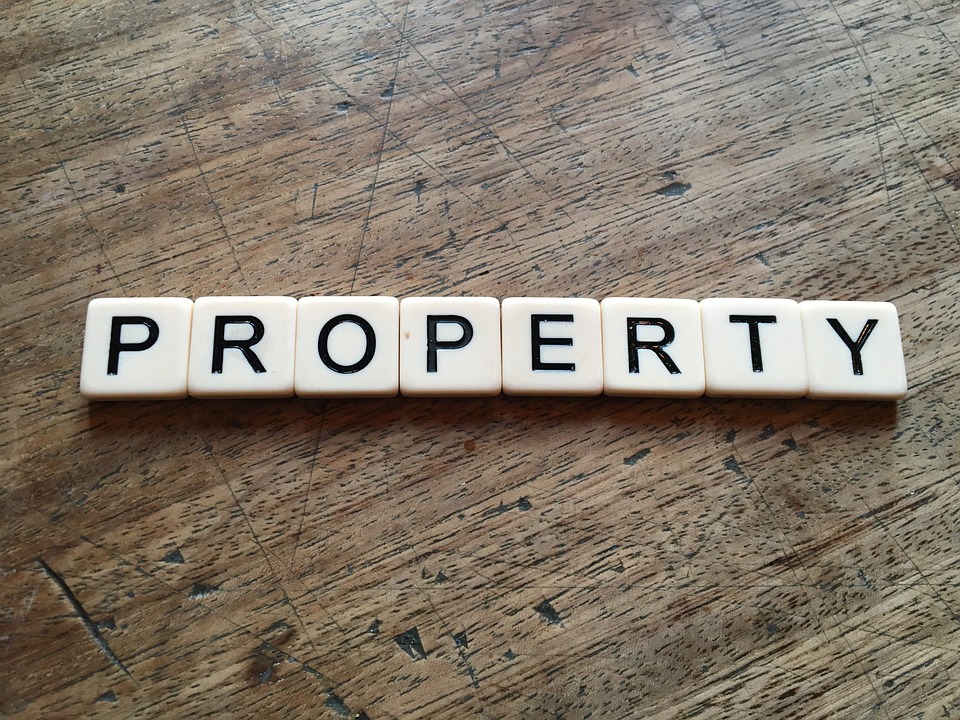
Interpreting Leases: Commercial Purpose is Key!
Date: 20/11/2020 | Dispute Resolution, Real Estate
We have previously covered how, in complex contractual arrangements, disputes as to the meaning of the words chosen can come up. For example, leases are often lengthy and can contain complex or unclear language. Depending on the interpretation of those words, the impact can be hugely significant for one or more parties to the contract.
A recent example of this is 3639 Limited v Renfrewshire Council [2020] CSOH 86. In this case, a sub-tenant (C) agreed with their landlord (B) to end their lease in a shopping centre early and to pay a lump sum (premium). B was a mid-tenant to the head-landlord (A). The terms of the head lease provided that the rent payable by B to A was the greater of £7,210 per annum or 16% of the Rack Rental Income.
The question was whether part of the premium received from C to B fell within the definition of Rack Rental Income defined in the head lease, between B and A. If it did, A would be entitled to a much larger sum than they otherwise would from B.
The definition of Rack Rental Income was “The rents…which B…are entitled to receive from their C (and other sub-tenants)”.
The court had to examine the words in the agreement and to decide what, in this context, those words meant.
The commercial judge held that C’s premium, paid to B, for the early termination of its lease fell within the meaning of Rack Rental Income under the head lease.
In reaching this conclusion, the commercial judge considered the whole contractual structure, rather than focus on the word “rents” in isolation, which may have excluded a lump sum as that could be construed as not being “rent”. The contractual structure was a development lease, where the original landowner, A, and developer, B, entered into the head lease to share in the proceeds of developing an area of land into a shopping centre.
It was against this background that “Rack Rental Income” fell to be understood. Reference to “rents” was to be understood as including the part of the lump sum, where that was made in lieu of rent.
To understand “rents” more narrowly, as only where C occupied the premises, would defeat the common intention of the parties under a development lease, namely that the “landlord shares in the highs and lows of whatever rental income is achieved from the sub-lets.”
As with previous cases considering what the words of a contract mean, the commercial purpose of the contract is an important consideration when the terms of the contract are ambiguous. If you have a clause which you think may be ambiguous, thinking about what the purpose of the agreement was when you entered into it may help shed some light on how a court would interpret the clause before it has to get that far.
Davidson Chalmers Stewart’s Dispute Resolution team is regularly instructed in a variety of commercial lease disputes. If we can be of assistance, please contact Sheila Webster.
























































































